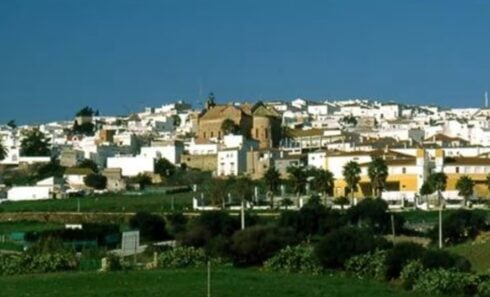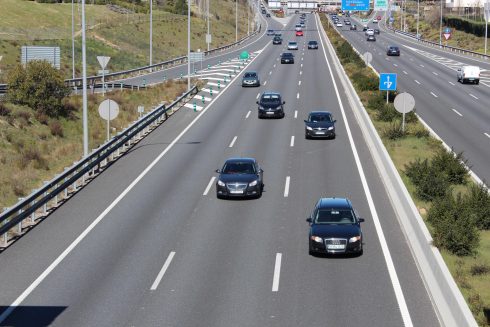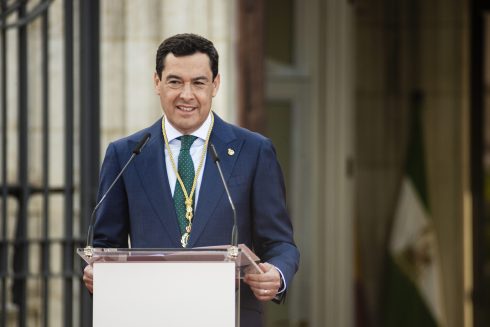Where can I watch Eurovision in Spain and when is it?
Just a week remains until the biggest event in the European calendar and no, I’m not talking about the European Union elections but.
Eurovision, a geopolitical musical extravaganza is set to take place on Saturday, May 11.
It will be held in the Swedish city of Malmo after Loreen took last year’s crown with her song, ‘Tattoo’ in Liverpool, UK.
READ MORE: Designer for Beyoncé and Lady Gaga will create outfit for Spain’s Eurovision entry Nebulossa

This year’s edition has been marked by the controversial decision to keep Israel in the contest despite their ongoing war against Hamas in Palestine.
The months-long assault by Israeli forces has seen 34,596 people killed, mostly civilians, with countries such as Spain demanding an investigation into human rights abuses.
Overall, 37 countries will compete in this year’s edition, each fighting for the glass microphone awarded to the victor.
Luxemburg has returned to contest after a three decade absence while Romania will not take part.
Spain’s entry is husband and wife duo, Nebulossa, who will perform ‘Zorra’.
Meaning ‘b*tch’ or ‘sl*t’, the song was born out of ‘marginalisation’ and ‘discrimination’ against female sexuality.
Meanwhile, Olly Alexander, lead singer of Years and Years, will represent Britain with his song ‘Dizzy’.
READ MORE: Feminist groups start petition in bid to cancel Spain’s controversial Eurovision entry ‘Zorra’

He says performing at Eurovision is ‘a dream come true’ and he hopes to do better than last year’s entry, Mae Muller, who came second to last.
The contest will begin with the semi-finals on May 7 (9pm).
There, the ten finalists will be decided, alongside the ‘Big Five’ (Spain, Britain, Germany, France and Italy) who always get a place in the final because they fund the European Broadcasting Union, a Europe wide public media organisation.
Countries competing on May 7 for a spot in the 68th final are Ukraine, Poland, Serbia, Lithuania, Crotia, Ireland, Slovenia, Iceland, Finland, Portugal, Luxemburg, Cyprus, Australia, Azerbaijan and Moldova.
There will be a second semi-final on May 9, with performances from Austria, Malta, Switzerland, Greece, the Czech Republic, Albania, Denmark, Germany, Israel, Estonia, Georgia, Holland, Norway, Latvia, San Marino and Belgium.
Open to a public vote, just ten countries will reach the grand final on May 11.
Participating countries will also vote on their favourites to win, though the votes are alleged to be motivated by politics.
To watch the contest, tune into La 1 channel on Spanish TV or online at RTVE Play.
READ MORE: Feminist groups start petition in bid to cancel Spain’s controversial Eurovision entry ‘Zorra’
Click here to read more Spain News from The Olive Press.








